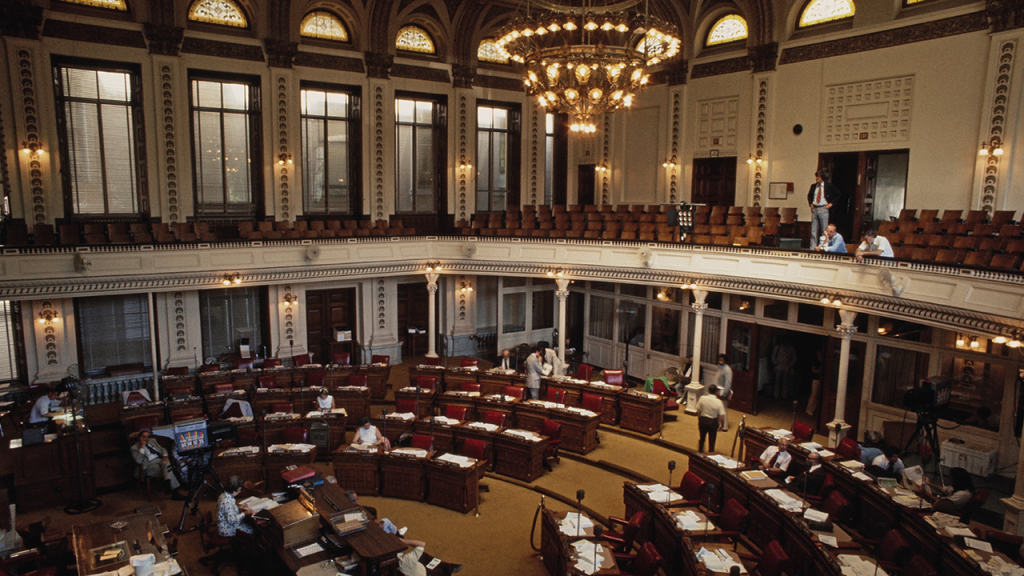New Jersey lawmakers are pushing ahead with legislation to overhaul the state’s public records access law, despite vocal opposition from civil rights and other groups earlier this year. The Democrat-led state Senate’s budget committee approved the amended legislation, which includes changes such as allowing government clerks up to 14 days to respond to record requests and permitting commercial interests to pay for the cost of producing records. Critics of the bill argue that it eliminates key components of the law, such as attorney fee shifting, that are essential for journalists and the public to access government records.
The bill’s revival was made possible after Republican minority leader Anthony Bucco signed on to co-sponsor the measure and following concessions made by an influential group representing the state’s more than 500 towns and cities. The proposed changes have sparked debate, with civil rights groups, citizens, and media organizations testifying against the measure during a recent hearing. Among the provisions that drew opposition were the authorization for lawsuits to be brought in state Superior Court for records that requesters have determined to be interrupting “government function,” a provision aimed at protecting taxpayer dollars from overburdensome records requests.
A top official with The League of Municipalities justified the changes by citing the need to protect taxpayer dollars from the abuses of records requests. The stress of handling numerous pending requests from lawyers, real estate developers, and other commercial interests was highlighted by the mayor of Deptford, New Jersey, who noted that the town clerk responsible for handling the requests often faces emotional distress due to the workload under the Open Public Records Act. The bill’s sponsors argue that a court could determine that attorneys’ fees were warranted if a government records custodian acted in bad faith, countering claims that the legislation guts transparency.
Access to officials’ emails and other public records has been instrumental in shedding light on how the government operates, as demonstrated by the disclosure of emails showing the then-governor’s administration working with utility company executives lobbying lawmakers for a $300 million bailout for its nuclear plants in 2018. Despite concerns raised by critics, supporters of the legislation contend that it strikes a balance between commercial interests and public access to government records. As the bill moves forward, the ongoing debate over the revisions to the public records access law in New Jersey underscores the importance of transparency and accountability in government operations.













